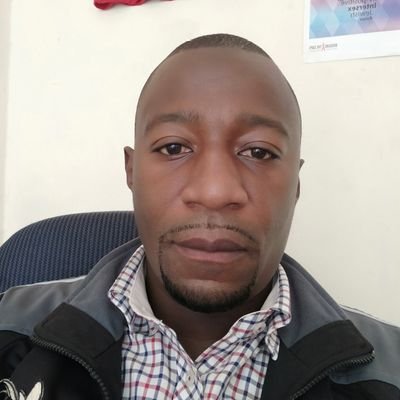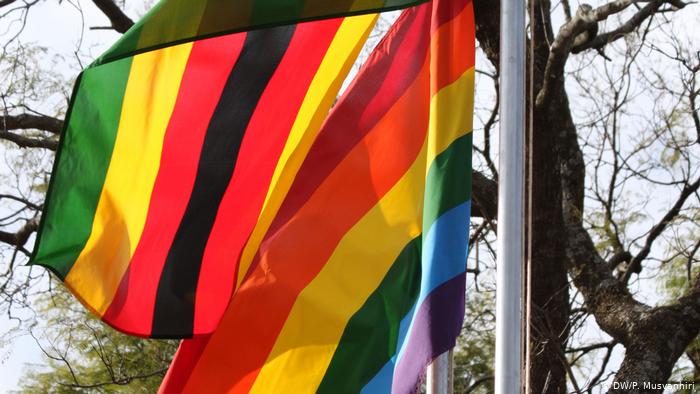By Sukuoluhle Ndlovu
Boitshepo Ncube*, a young gay man living in Zimbabwe, was hesitant to come out to his family and society for fear of discrimination and rejection. When he eventually did, it was his mother’s cold reaction that hurt him the most, but after she came around, he felt nothing and no one could dishearten him from living his truth and embracing his sexuality.
Speaking to Bustop TV, Ncube said his journey has not been easy and that most queer people he has engaged with share the same sentiments.
In Zimbabwe, the queer community is still lagging in terms of legal equality and face discrimination in their communities. For Ncube, coming out took a lot of courage and required a strong support system.
Ncube has always been aware of his sexual orientation but explored it further after completing his secondary school education. With the help of the internet, he looked up stories about LGBTQI issues and discovered associations like the Zimbabwe Rainbow Community, which provide ssafe spaces for queer people.
“Homophobia is just too much in Zimbabwe. We are suffering, facing discrimination and rejection. I am happy and proud of people who are now fighting against injustices we face and knowing that there are allies and organizations helping us to fight for our rights. This shows that there is little bit of acceptance.
“Zimbabwean communities still have a long way to go in terms of embracing the LGBTQI community, but I am hopeful that one day we will get there and have a situation where our rights are respected. Slowly we are getting there, I know it. There has been a paradigm shift from the past and where we are now,” he said.
Ncube said after he came out to his immediate family, he learnt to live with the rejection he initially suffered from his mother. She later opened her arms to him and supported his decision.
“I could not continue living in fear of who I am, so I decided to come out to my immediate family, my mom and sister. My sister was okay with it, but my mom was a bit unreceptive in the beginning. But now everything has changed. She now accepts me for who I am.
“At first I feared that discrimination and segregation would become part of my life, but I have learnt to live with it. Discrimination is always disheartening, but we have to accept who we are. If we do not fight for each other no one is going to, so we have to be strong and stand firm for what we believe in. I also use my social media handles to spread awareness and hope to make change in society,” he said.
One example of this discrimination is being rejected by prospective employers who suspect he is gay.
“Employment is the greatest challenge we are facing as the LGBTQI community. Being a gay man in Zimbabwe really closes doors on many employment opportunities.
“There are times I feel that I failed to get a job because the company’s hiring personnel felt uncomfortable after simply suspecting my sexual orientation,” Ncube said.
The Zimbabwe Rainbow Community (ZRC) is a non-profit organisation aimed at empowering male sex workers and gay and bisexual men through advocacy and activism.
In an interview, ZRC Communications and Advocacy Manager Patrick Masvaba said by making queer people aware of their rights they are more likely to make informed decisions.

“We do not force people to come out, but we empower them to know their rights and to be able to stand alone in every situation, even though we do support in other areas. Our service provisions aim at empowerment. If they know their rights it will be easy for them to make informed decisions. They should be able to face reality, as it is not an easy journey,” Masvaba said.
Since its establishment in 2014, ZRC has challenged the overt and covert homophobia that LGBTQI persons and allies experience. Common violations include blackmail, denial of human dignity, rejection by families and religious institutions, extortion, invasion of privacy, and loss of employment.
Queer people are often accused of exposing their parents to shame. According to a 2018 survey by GALZ, an association of LGBTI people in Zimbabwe, 50% of gay men in Zimbabwe had been physically assaulted and 64% had been disowned by families. 27% of lesbians also reported rejection.
Zimbabwean human rights lawyer Alec Muchadehama says that merely identifying as queer is not a crime in Zimbabwe.
“The laws criminalize ‘unnatural acts’ [which include same-sex sexual activity]. If you say, ‘I am gay,’ it is not a crime,” he said.
*Pseudonym has been used
‘This article was produced with the financial support of the European Union. Its contents are the sole responsibility of <SukuoluhleNdlovu/BustopTV> and do not necessarily reflect the views of the European Union’.
